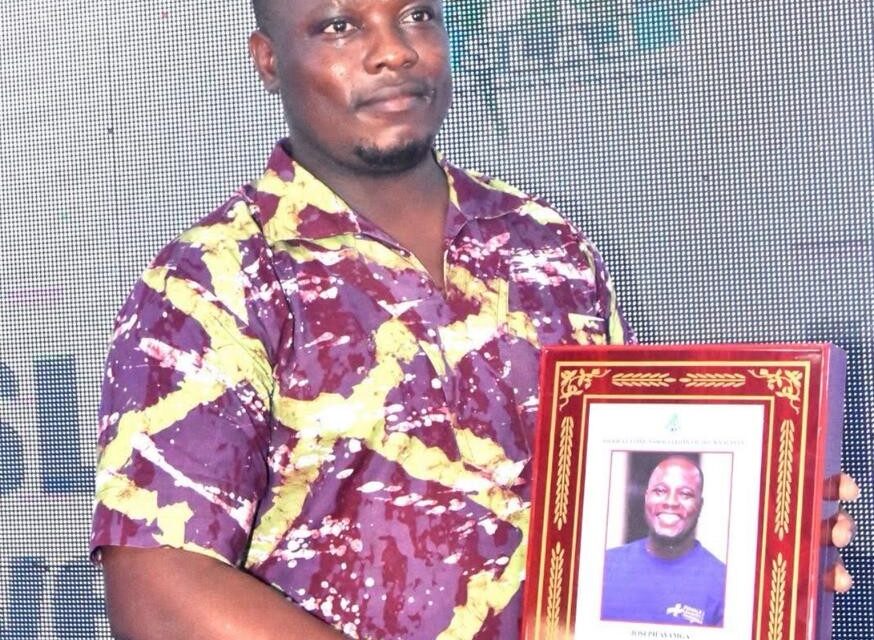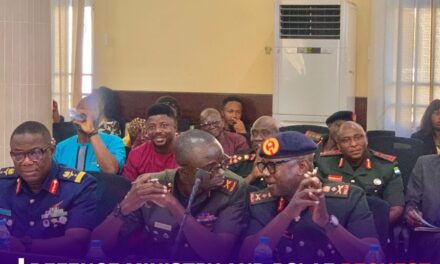Freetown, 18th August 2025 -SEND Sierra Leone a local development organization has in its 2024 Annual Report, highlighted impressive financial mobilization achievements through its Village Savings and Loan Association (VSLA) program, showcasing grassroots economic resilience and growing community financial literacy across the country.
A total of 755 VSLA groups operated nationwide under SEND’s umbrella, collectively mobilizing a remarkable NLe 3,552,780 in 2024. This sum includes NLe 3,048,791 in direct savings, NLe 117,629 under the social fund, NLe 36,982 in fines, and NLe 349,378 accrued from interest payments a strong indicator of a maturing informal financial ecosystem at the community level.
The VSLA model, widely recognized for its effectiveness in fostering savings culture and credit access in rural areas, continues to serve as a lifeline for financially excluded populations especially women and low-income households. This year’s growth signals improved economic organization, discipline and trust among members.
In parallel, the Health Insurance Scheme (HIS), although significantly smaller in scale, mobilized funds from 16 groups, recording a total financial mobilization of NLe 4,256, comprising NLe 3,556 in member savings, NLe 334 in social funds, and NLe 366 in interest. While modest, these figures reflect growing awareness and interest in community-based risk-pooling for health financing, a critical gap in Sierra Leone’s healthcare system.
According to SEND Sierra Leone’s Board, “This year, SEND Sierra Leone has achieved remarkable progress in transforming lives across its 15 operational districts. Our gender transformative health, education, economic empowerment, climate change and governance programs have reached new heights, bolstering the resilience and capacity of communities.”
The report paints a broader picture of integrated development across sectors such as education, climate resilience, local governance and peacebuilding. But it is the financial empowerment component anchored by the VSLAs that provides perhaps the most measurable evidence of growing community agency. The ability of rural households to save, lend and reinvest without reliance on formal banking infrastructure demonstrates a bottom-up economic model that is both scalable and sustainable.
SEND’s programming continues to prioritize marginalized groups, especially women, youth, and persons with disabilities. With over NLe 3.5 million in grassroots financial mobilization, the 2024 results show that Sierra Leone’s informal economy, when well-supported, can be a powerful engine for inclusive growth.
Joseph Ayamga is the institutions Country Director, he says, “Reflecting on the past year, I am filled with immense pride and gratitude for what SEND Sierra Leone has accomplished,”
Further noting that, “Despite complex challenges, we remained steadfast in delivering impactful programs that have transformed communities and empowered individuals to rewrite their narratives. From advancing gender equality and strengthening governance to building resilience in health, education and livelihoods, our performance this year stands as a testament to our unwavering commitment to Sierra Leone’s development.”
As macroeconomic uncertainty, inflation and limited formal employment continue to challenge the country’s development trajectory, such localized savings models offer a resilient alternative.
In the words of the report, the successes recorded this year are “a testament to the power of collaboration and the dedication of our teams and partners in improving the lives of our target beneficiaries.”
The financial figures shared in the report not only reflect progress but also signal untapped potential in building Sierra Leone’s financial inclusion from the ground up.









